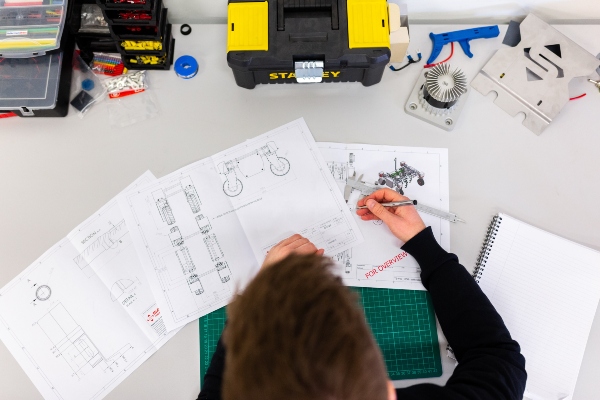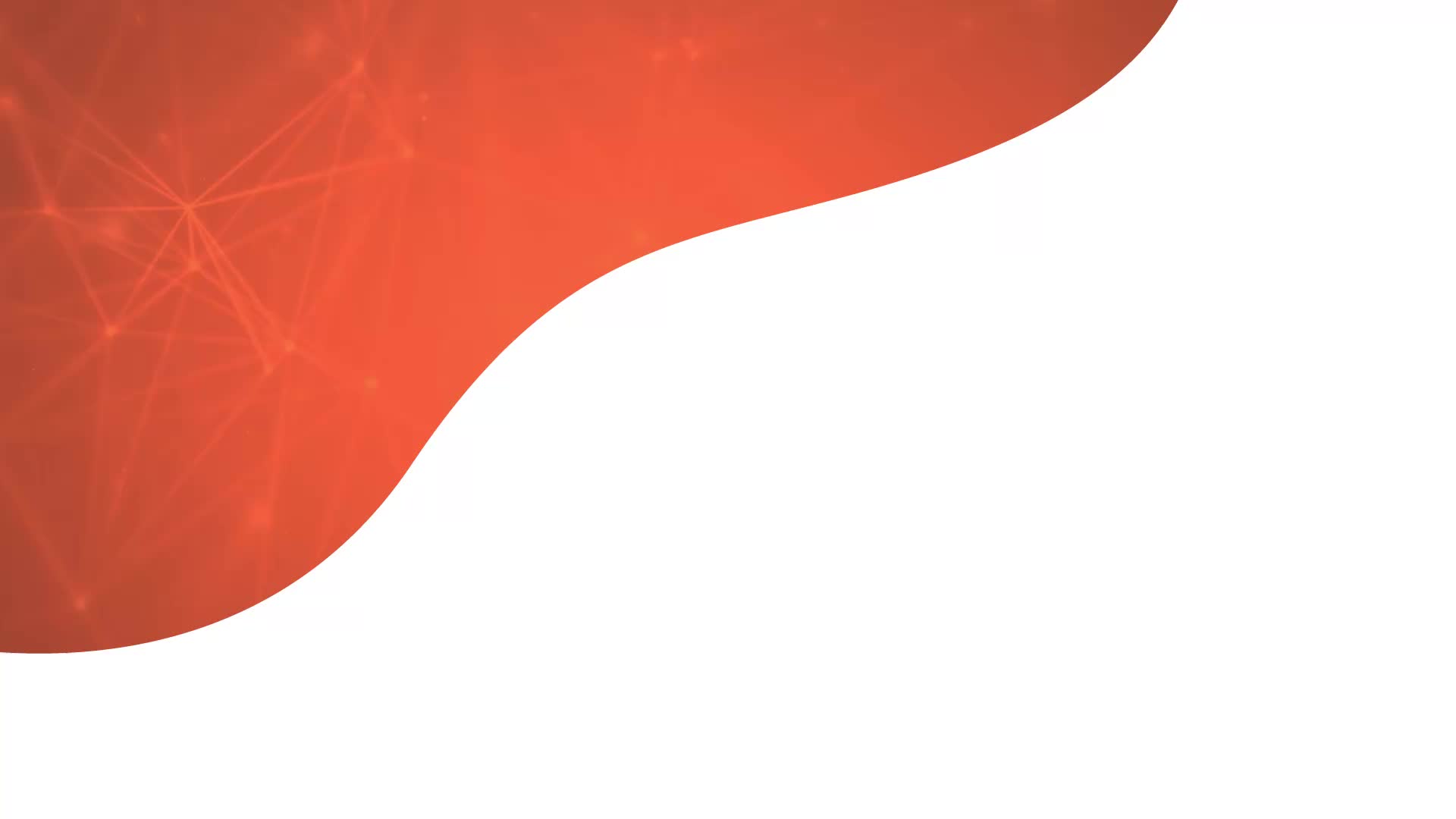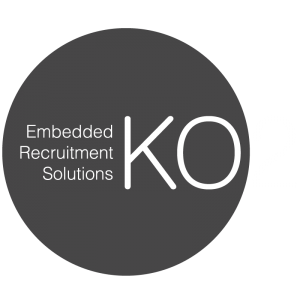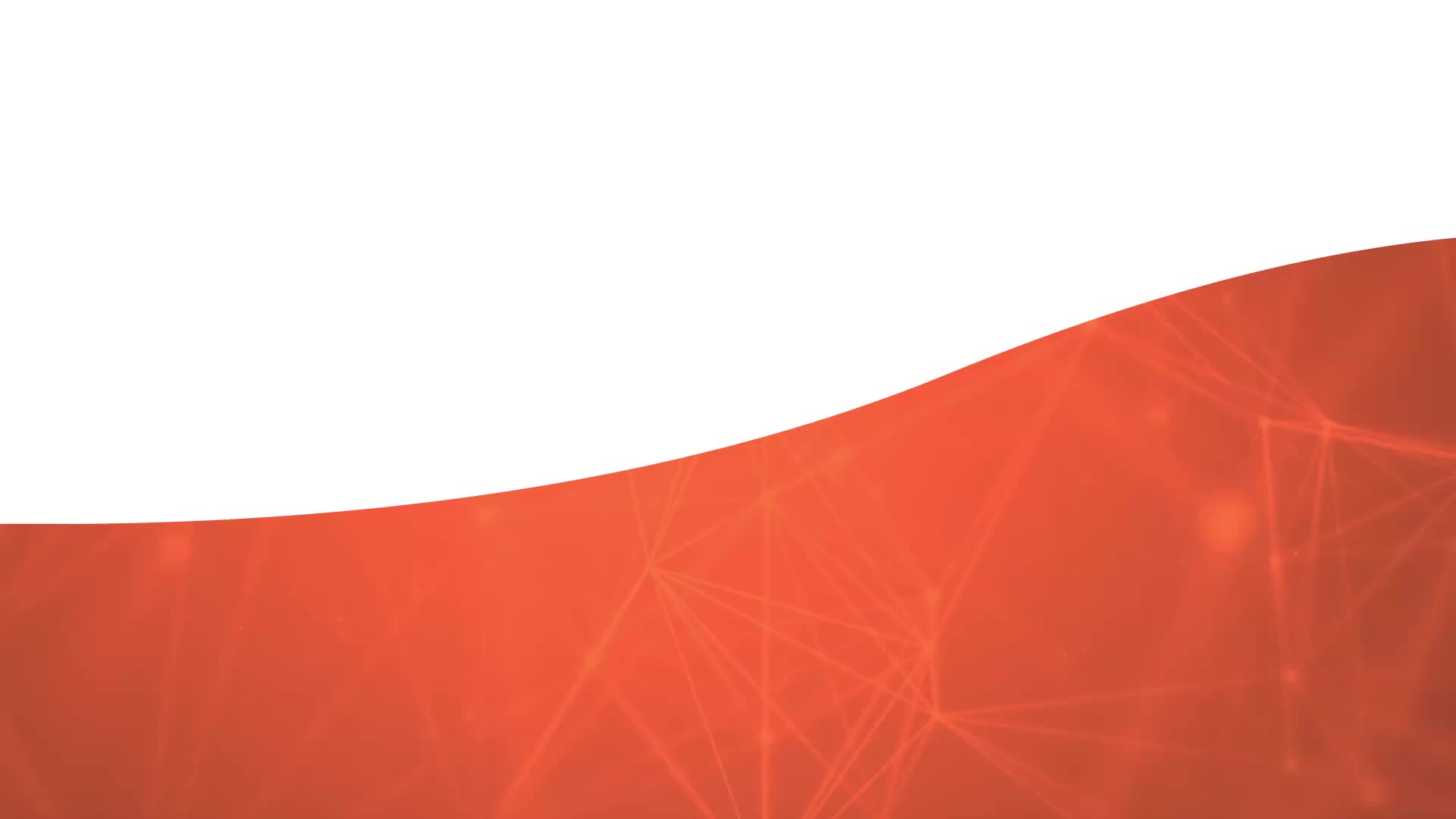There are many paths that electrical engineers can take to specialise in their industry and apply their skills to a certain career pathway, and one of these is ASIC engineering. The use of application-specific integrated circuits is increasing across a variety of sectors, making engineers who specialise in designing and working with these microchips desirable for a range of employers.
If you’re looking to hire a new permanent or contract ASIC engineer for your business, making sure you find the perfect candidate for the role is incredibly important. Engineers who work with application-specific integrated circuits need to be very technically skilled as well as competent working as part of a team and by themselves, and exceptional candidates can be hard to come by.
The best way to get an idea of whether a candidate is going to be suitable for a role is by getting to know them in an interview setting and asking questions that tell you more about their personality, their strengths and their approach to work. This guide contains examples of the best ASIC engineer interview questions as well as advice for both employers and interview candidates for getting the best out of the job interview process.
What is an ASIC Engineer?
Application-Specific Integrated Circuits (ASICs) are relatively new to the IT and engineering sector, but are quickly revolutionising the industry because of their specialised nature and potential applications to IoT and machine learning. In terms of the job, ASIC engineers are specialist electronic engineer who works with these custom-built microchips, whether that is designing, testing or building them.
What Does an ASIC Engineer Do?
The key aspects of an ASIC engineer’s role include creating architectural design models of application-specific integrated circuits, responding to client briefs by creating product design specification statements, and working with other electrical engineers to decide on the best ASIC solutions. Because ASICs tend to perform specific functions, most engineers will work on one-off projects for clients who are looking for a way to incorporate a certain feature in their end product.
Most ASIC engineers are employed by companies in the technology or manufacturing industry, with many businesses out there specialising in developing products with application-specific technologies. Common tasks required of this kind of engineers include managing ASIC design projects, liaising with software developers and manufacturers, and working directly with clients to decide the best way to incorporate the technology into their products.

ASIC Engineer Interview Questions
We’ve listed some of the best ASIC engineer interview questions below that give excellent insight into a candidate’s suitability and will help you make the best choice for your business.
General Questions
Below are a mix of classic interview questions and more specific ASIC engineering questions that will give you a good idea of what a potential employee is like and why they chose to specialise in working with application-specific integrated circuits. You don’t have to include all of these questions, but each has a specific purpose and helps to gain a clearer understanding of a candidate.
- What made you decide to become an ASIC engineer?
This may seem like a predictable interview question, but what you are looking for is genuine enthusiasm and passion for the role and what it will involve. You want to hire a candidate who is interested and excited by the work that they do every day, and engineers who can confidently explain what it is about this industry area that attracted them in the first place will deliver this enthusiasm.
- What software are you comfortable working with?
Another classic engineering interview question, but one that is very important in understanding the experience that a candidate has and where their specialist skills lie. Whilst most candidates at this level can quickly learn to use new kinds of software and programming languages, you may be looking for an engineer with skills in a specific area or experience using certain programs, so this question is essential in knowing what skills you will be hiring.
- What are three of your strongest skills?
Candidates expect a question like this in a job interview, and it is a good way of identifying where a potential employee’s real expertise lies and what they might bring to the table if you hired them. You’re looking for specific answers that show a candidate has a clear understanding of their talents and why these are valuable, and even predictable responses like ‘organisation’ or ‘time management’ can work in a candidate’s favour if they can give specific evidence and reasons behind each of their choices.
- What are three of your weaknesses and how are you working to overcome them?
Whilst many people can identify one key weakness, listing three of them shows that a candidate has a much better understanding of their own limitations and that they have come to the interview prepared to discuss multiple points that may not work in their favour. By asking a candidate how they are working on these weaknesses as well, you will identify those who actively work to grow and improve as an employee and those who have more of a fixed mindset and do not try to tackle things that hold them back.
- What motivates you in your work?
This is another question that seeks to highlight what a potential employee is passionate and enthusiastic about, which will identify the candidates who will bring the best attitude to their work. It’s also a chance to see whether an individual’s values align with your company values, which can be particularly important for smaller teams.
- What has been a project in the past that you are most proud of?
This question will give you an idea of the kind of experience that a potential employee has as well as once again identifying where their specific interests and talents lie. Following up this point by asking what it is about their chosen project that makes them proud will also give more insight into a candidate’s personality, which can be useful early on in the interview.
- What do you do to ensure your work always meets its deadline?
Many ASIC engineering projects will require working to a client’s specifications and deadline, so it is vital that your employees can manage their time wisely. This question will highlight the candidates who really excel in meeting deadlines and staying organised throughout a project, both of which are essential ASIC engineer skills.
- What specific qualities make you most suited to this role?
Towards the end of an interview, you want to start narrowing down why a candidate is suitable for the role that you are offering, and this question will identify just that. It is also a good way to work out how much research a candidate has done into the role before coming to the interview, which shows that they are dedicated and genuinely interested in joining your company.
- What makes you different from other candidates we are interviewing?
This question has similar motivations to asking a candidate to identify their strengths, but narrows it down to the role they are applying for and the skills they think that it will require. Candidates have the chance to really sell themselves and talk about what it is that makes them unique, which also allows for more of an insight into their character.
- Why do you want to work for this company in particular?
Finally, you want to ensure that you are hiring a candidate who is genuinely interested and excited about working for your company, instead of an engineer who is just looking for their next role and doesn’t really care where it is or what it involves. This question is a great way to close an interview and let a candidate leave a positive lasting impression, and is also another good way of identifying whether they have done their research before the interview and have clearly put time into preparing for it.
Technical Questions
In the majority of engineering job interviews, you will assess a potential candidate’s technical knowledge by presenting them with a set of questions or short tasks that test their practical engineering skills or knowledge. The type of questions or challenges that you set will depend on the specifications of the role and whether your company specialises in a certain kind of ASIC architecture.
Technical questions in an ASIC engineer job interview either test the general knowledge of an interviewee to ensure they have a clear understanding of what the role will require, or they present a hypothetical problem that the candidate has to solve. The most successful interviews will have a range of both these questions, giving you insight into a potential employee’s intelligence and aptitude for problem-solving.
Whilst answering general knowledge questions correctly is essential in an interview, it doesn’t matter as much whether a candidate picks the ‘right’ solution to a hypothetical problem. What matters is how clearly they explain their choices and the methods they would use, and whether their answer shows creative problem-solving skills and clear communication.

Advice for Clients
The above guidance should have provided plenty of advice for businesses interviewing candidates for an ASIC engineering role, but what else do you need to know before conducting an interview? Face to face interviews that involve these kinds of in-depth questions are usually the last stage of the hiring process, so at this point you will have narrowed down your search to a handful of candidates who all show potential for succeeding in the role.
A potential employee’s attitude and personality are often just as important as their skill set, and it is important to take note of how they conduct themselves from arrival right through to leaving the interview. A great piece of advice is to have a member of company staff from a different team or department meet the candidate when they arrive for their interview, and see how they interact and behave whilst not in an official interview setting.
Whilst it is good to follow a predetermined structure in a job interview, be prepared to spend time on certain responses and ask follow-up questions if a candidate mentions anything particularly interesting or unusual. These are the instances where you’ll really get to know a candidate better and determine what it is that makes them stand out.
The responsibility of the final hiring decision will depend on the size of your company, the new hire’s location and whether you have an internal hiring team or manage new employees yourself. It is always worth considering multiple points of view on a candidate before hiring, and considering the impression they made just as much as their skills and experience.
Advice for Candidates
Most ASIC engineers specialise in their role after several years working in more general electrical engineering or computer technology roles, so you will likely have had previous job interview experience. The same interview question advice you are likely to have received applies here; preparation is key to appearing confident and collected when speaking to a potential employer.
The technical aspect of the interview questions is likely to present the most unfamiliar territory, so it is a good idea to read up on ASIC technology and research common questions and problems that other interviewees have been asked to solve in the past. As long as you can justify your answers, it often doesn’t matter what kind of solution you actually come up with in these situations; the interviewer is assessing your aptitude for problem-solving.
Whilst your success in the technical portion of the interview is very important, the impression that you make has an equal impact. ASIC engineers often have to work as part of a team and liaise with clients and other members of staff, so demonstrating good people skills and clear communication is essential.
Finally, remember to be honest. If you need time to consider a question before answering, it is far better to ask for a moment instead of waffling to give yourself more time. Coming across as genuine and polite is far better than appearing out of your depth.
If you’re looking for ASIC engineering jobs, why not check out the latest listings on our jobs board?
Summary
Finding the right questions to ask in a job interview can make a huge difference to your hiring success, and this guide has outlined some of the very best approaches to interviewing an ASIC engineering candidate and gauging how suitable they will be for a role. For more advice on streamlining your hiring process and ensuring that top talent finds its way through your doors, you can read our guides on How to Recruit Software Developers and How to Find Mechanical Engineers.
If you’d like the support of an expert in recruitment for ASIC engineers then get in touch and tell us more about what you’re looking for.







